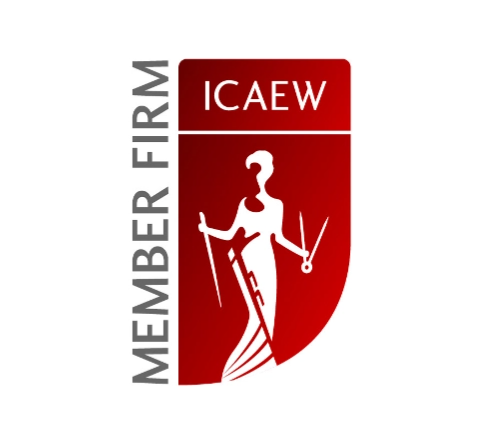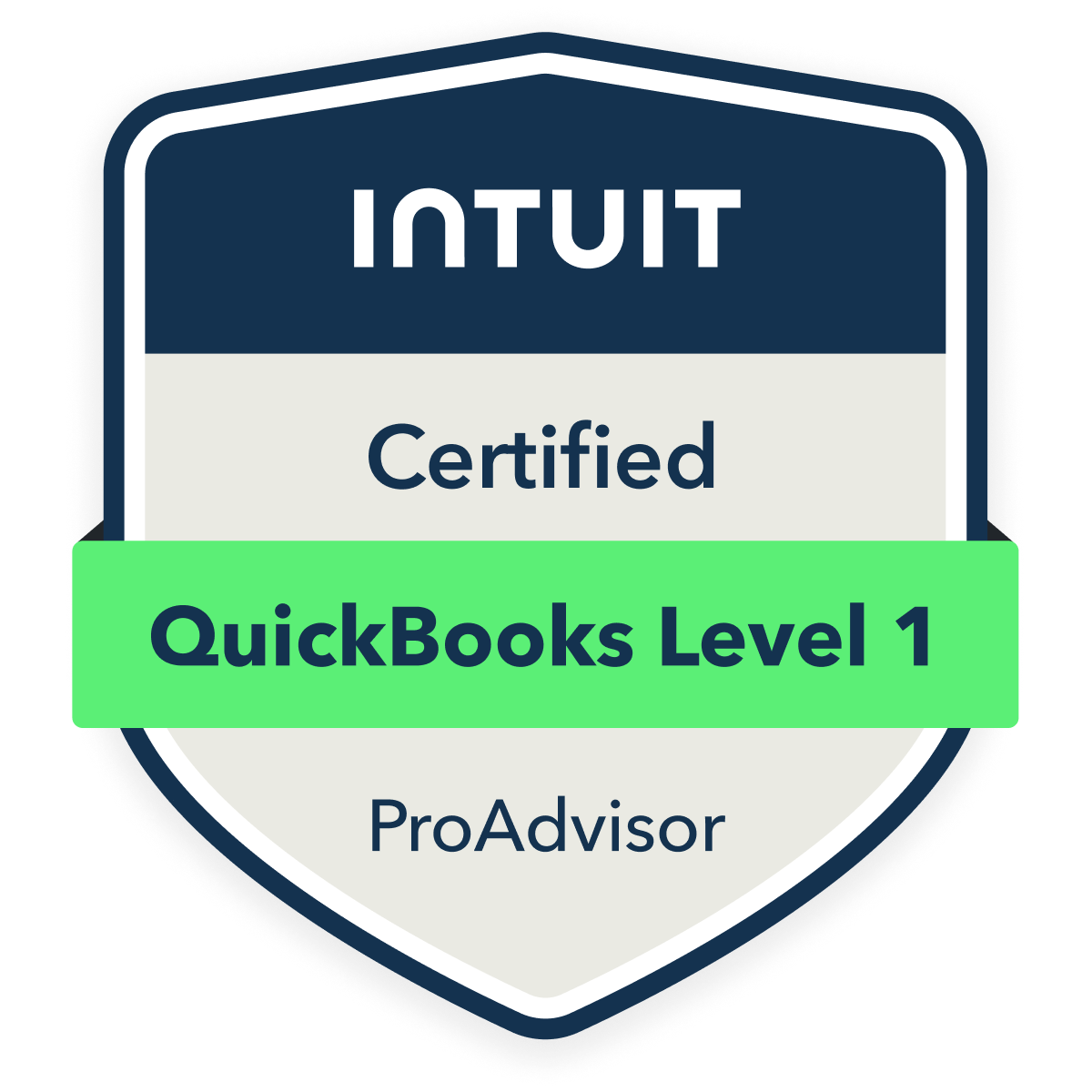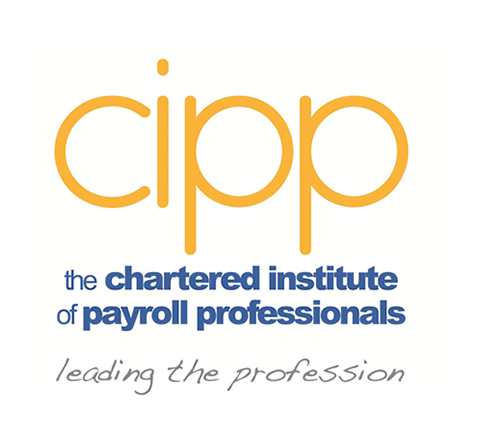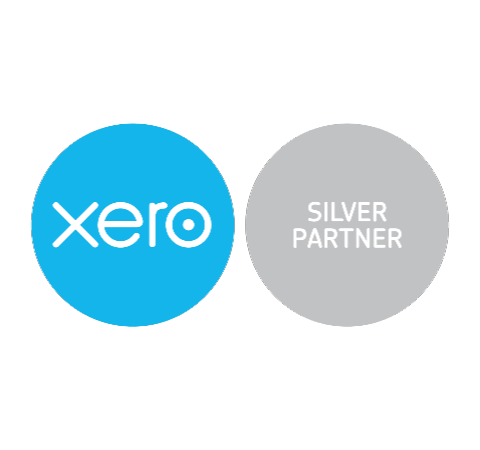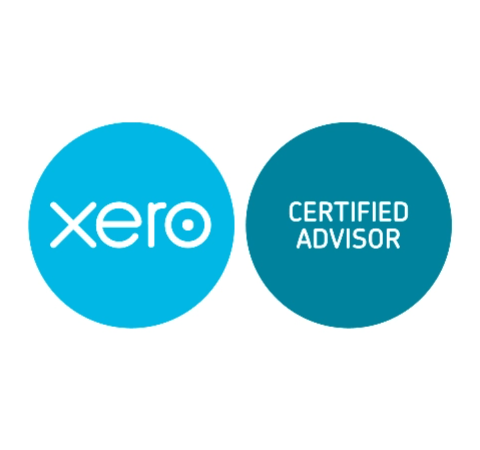PAYE stands for Pay As You Earn and is the system used by HMRC to collect income tax and national insurance from employees as well as the employer’s national insurance. The employer makes the necessary deductions from the pay of the employee and pays them over to HMRC.
It is the employer’s responsibility to make the correct deductions before paying the employee and this applies to all employees including directors of their own limited company. The deductions must be paid to HMRC by the 19th of every month, unless paying electronically when the money must reach HMRC by 22nd. If however you have average monthly payments of less than £1,500 you can pay quarterly.
In addition Class 1A NIC is payable by the employer on benefits and is payable by the 19th of every month, unless paying electronically when the money must reach HMRC by 22nd after the end of each tax year.
When you take on your first employee you may wish you hadn’t when faced with all the forms and regulations that need to be followed. The tax rates, allowances and regulations also all change on a regular basis and it can be hard to keep up to date. If you just have a few employees it is often simpler to get your accountant or a payroll agency to do the payroll for you.
PAYE applies to all types of payments you make to your employees including…
Certain benefits provided to employees may be exempt from tax but most are taxable and must be declared to the HMRC by means of an end of year benefits form P11D or P9D.
RTI came into effect for most employers from 6 April 2013 and is the system for reporting pay, tax, National Insurance and other details to HMRC.
You need payroll software or a payroll service provider in order to file RTI returns.
Every employee has their own tax code which is issued to them by HMRC and the employer is provided with the details as well.
For new employees this tax code is provided on the form P45 they bring from their previous employment. This is used in conjunction with the relevant tax and national insurance tables to work out the tax and NI to be deducted.
If the employee does not have a form P45, you and the employee should complete the HMRC Starter Checklist or equivalent in order to get a tax code. In the meantime the tax code used depends upon the statement selected in the Starter Checklist.
There are numerous forms and submissions in the PAYE system but there are certain core forms/submissions which are used by all employers, the most common of which are as follows…
We can assist you with training in running your own PAYE scheme or can arrange to have the payroll run for you.
We are members of the ICAEW (The Institute of Chartered Accountants in England & Wales). Our team are also trained and qualified on the most popular accounting systems. Palmer, Riley & Co is a Silver Partner of Xero and are Certified ProAdvisors for Quickbooks.
